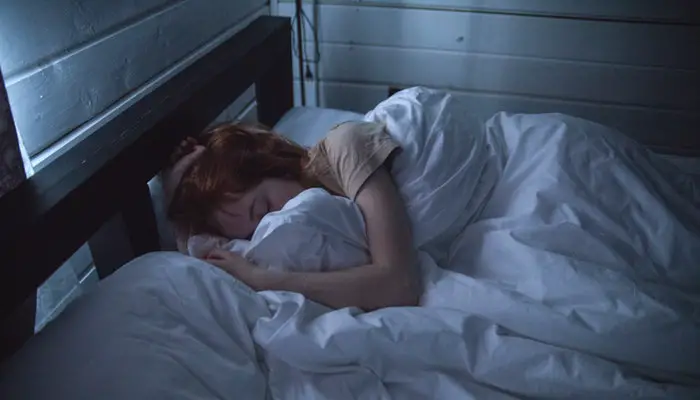Nowadays, staying at home can bring about feelings of grief, anxiety, and isolation. Luckily, the slow-paced, quiet practice of yin yoga can help you embrace the quietude, and restore ease and energy back into your body, and plant good intentions in the mind.
Here are 5 postures you can do at home, in bed or on your mat. Do these by yourself or video call some friends and ask them to join you. [Read more…] about 5 Yin Yoga Poses To Help Calm Anxiety During Quarantine








